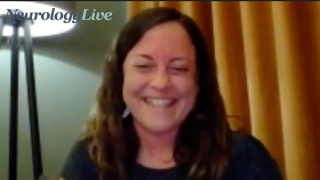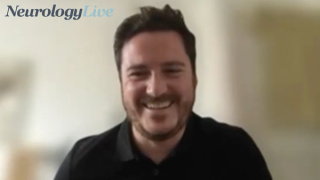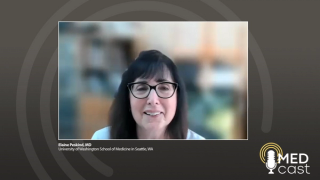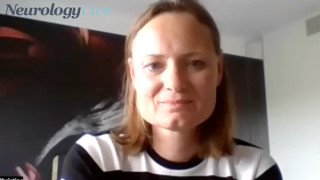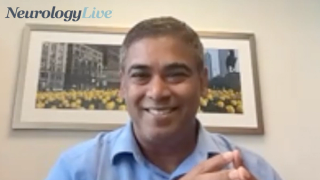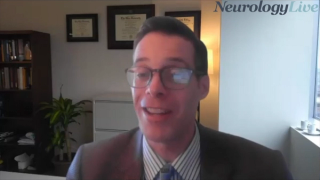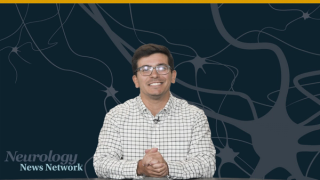
Dementia and Alzheimer Disease
Latest News
Latest Videos

CME Content
More News
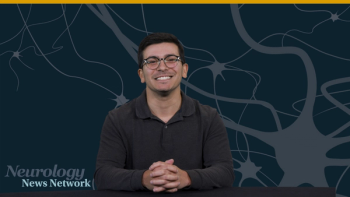
Neurology News Network for the week ending October 21, 2023. [WATCH TIME: 3 minutes]

Take 5 minutes to catch up on NeurologyLive®'s highlights from the week ending October 20, 2023.

In a recent clinical trial, patients who received SaiLuoTong showed improvements in aspects of memory and executive function including delayed episodic memory retrieval, switching between cognitive concepts, higher-level divided attention, and multitasking compared with placebo.

Solanezumab did not slow the progression of preclinical Alzheimer disease as compared with placebo on the basis of the primary or secondary cognitive and functional end points over a 4.5-year treatment period.

Here's some of what is coming soon to NeurologyLive® this week.

Test your neurology knowledge with NeurologyLive®'s weekly quiz series, featuring questions on a variety of clinical and historical neurology topics. This week's topic is the European Committe for Treatment and Research in Multiple Sclerosis.
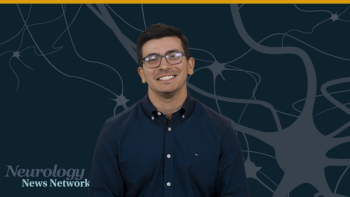
Neurology News Network for the week ending October 14, 2023. [WATCH TIME: 3 minutes]

Take 5 minutes to catch up on NeurologyLive®'s highlights from the week ending October 13, 2023.

The decision opens the door for greater access to PET imaging that can assist in timely diagnosis of Alzheimer disease and facilitate with appropriate treatment decisions.

The professor of ophthalmology and neurology at Duke University School of Medicine talked about a recent published study on using artificial intelligence and retinal scans to detect mild cognitive impairment in neurodegenerative diseases including Alzheimer disease. [WATCH TIME: 7 minutes]

Catch up on any of the neurology news headlines you may have missed over the course of September 2023, compiled all into one place by the NeurologyLive® team.

In a phase 3 study, patisiran met its primary and first secondary end point, demonstrating significant benefit in functional capacity, quality of life, and health status, in comparison with placebo.

Here's some of what is coming soon to NeurologyLive® this week.

The director of Geriatric Psychiatry at the St Louis University School of Medicine talked about an oral film form of BXCL501, an alternative to intravenously administered therapies that shows promise in rapidly alleviating acute agitation in patients with Alzheimer disease. [WATCH TIME: 7 minutes]

Test your neurology knowledge with NeurologyLive®'s weekly quiz series, featuring questions on a variety of clinical and historical neurology topics. This week's topic is sleep disorders.

A recently developed machine learning model could analyze retinal images as well as associated data of specific features to recognize patients with mild cognitive impairment.
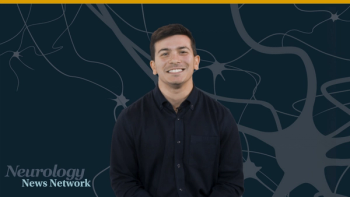
Neurology News Network for the week ending October 7, 2023. [WATCH TIME: 3 minutes]

Take 5 minutes to catch up on NeurologyLive®'s highlights from the week ending October 6, 2023.
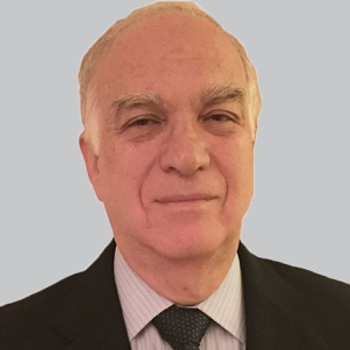
In a cohort of moderately severe Alzheimer disease, patients on placebo demonstrated cognitive decline while those on active treatment showed no significant decline.
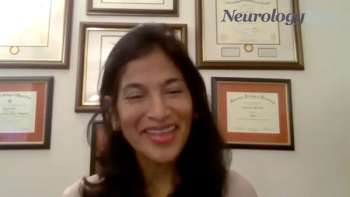
Diving Into the Potential of Monoclonal Antibodies for Alzheimer Disease Treatment: Gayatri Devi, MD
The clinical professor of neurology at Lenox Hill Hospital/Northwell Health talked about her experience with monoclonal antibodies for Alzheimer disease treatment as well as the challenges and risks associated with them. [WATCH TIME: 8 minutes]

At the conclusion of a 12-weel treatment period, biomarker data provided mechanistic insights of senolytic effects using dasatinib and quercetin that need to be confirmed in fully powered, placebo-controlled studies.

A recent finding from a qualitative study raises concerns about patient safety in healthcare because the system in the US is not well equipped to address the unique needs of older adults living alone with cognitive decline.

Although the mortality among monitored and nonmonitored patients was similar, the monitored group had significantly more patients with severe disability and fewer with good recovery at 6 months.

Here's some of what is coming soon to NeurologyLive® this week.

Test your neurology knowledge with NeurologyLive®'s weekly quiz series, featuring questions on a variety of clinical and historical neurology topics. This week's topic is epilepsy and seizure disorders.







